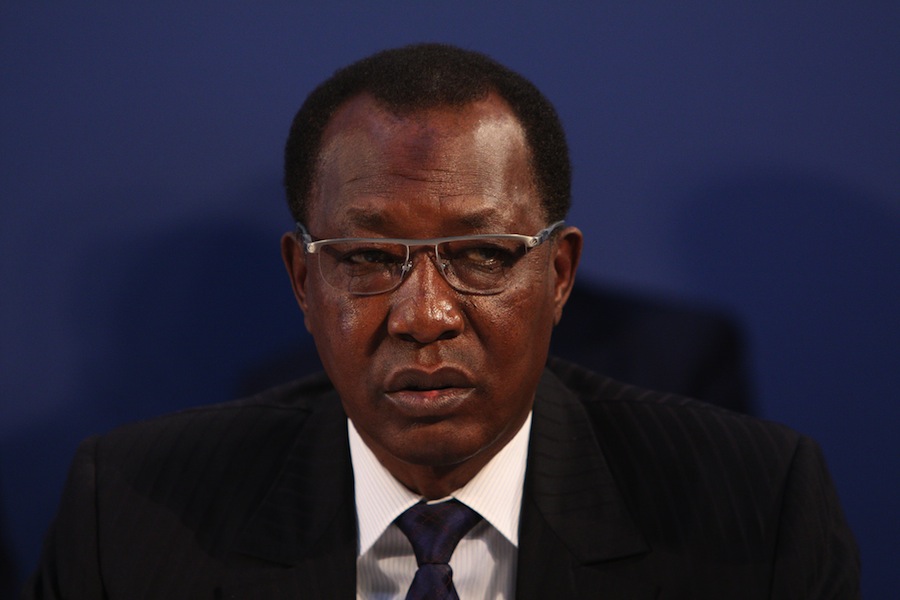International criminal law will change substantially on January 1, 2017 now that Palestine has become the thirtieth state to ratify the Kampala Accords. These accords will allow the International Criminal Court (ICC) to prosecute for the crime of aggression, changing how the international community will react when a country uses aggressive military force against other countries. However, it is unclear whether this will be enough to preserve the integrity of the ICC as many African states continue to question its legitimacy.
The Accords were signed on June 11, 2010 in Kampala, the capital city of Uganda. Their goal is to criminalize an act of aggression under international law. The accords define a crime of aggression as the planning or initiation of “the use of armed force by a State against the sovereignty, territorial integrity or political independence of another state…”. Under these accords, a state could only take up arms against another state in order themself or if using military force is approved by the UN Security Council. The ‘use of force’ is considered to be all manners of military action, including air strikes, blockades, and ground invasion.
The Kampala Accords needed thirty member states of the ICC to sign it and ratify it in order to become international law. As the thirtieth state to ratify the Kampala Accords, Palestine deposited its paperwork to the United Nations on June 26, 2016. Ratifying a treaty is not the same as signing it when it comes to international law. It means that in order for the treaty to become law, the president or prime minister not only has to sign it but the treaty has to be approved by a vote in the national legislature.
The Kampala Accords are not only increasing the power of the ICC but may also be helping to hold it together. The ICC has had growing opposition in recent years from African states and their regional supranational institution, the African Union (AU). The AU argues that the ICC is biased towards sub-Saharan African leaders based on which cases the court chooses to pursue. An AU advisory body and the United Nations’ Economic and Social Council have both publicly discussed this bias in recent months.
Currently, nine of the ten active ICC investigations are focused on Africans and out of the 23 total cases heard by the court since its inception, all of the defendants have been from the African continent (the International Criminal Tribunal for the Former Yugoslavia is separate from the ICC). Several African leaders have been pushing their fellow leaders to leave the ICC, as leaving would prevent the court from charging citizens of those countries with international crimes. Some believe that this ICC opposition movement is in fact a political tool since its leaders are widely known to have committed international crimes, such as Zimbabwe’s president Robert Mugabe.
The International Criminal Court was founded by the signing of the Rome Statue in 1998 and it began operations in 2002. After the Rwandan genocide and the atrocities in the former Yugoslavia, the international community aimed to create a permanent source of justice for victims of genocide, war crimes, and crimes against humanity. As of this writing, 124 states have ratified the Rome Statute, however neither the United States nor Russia has ratified the treaty.
Photo: Incumbent African Union Chairman Idriss Déby, President of Chad and Vocal Opponent to ICC (2014), by British Foreign and Commonwealth Office via Flickr. CC BY 2.0.
Disclaimer: Any views or opinions expressed in articles are solely those of the authors and do not necessarily represent the views of the NATO Association of Canada.




